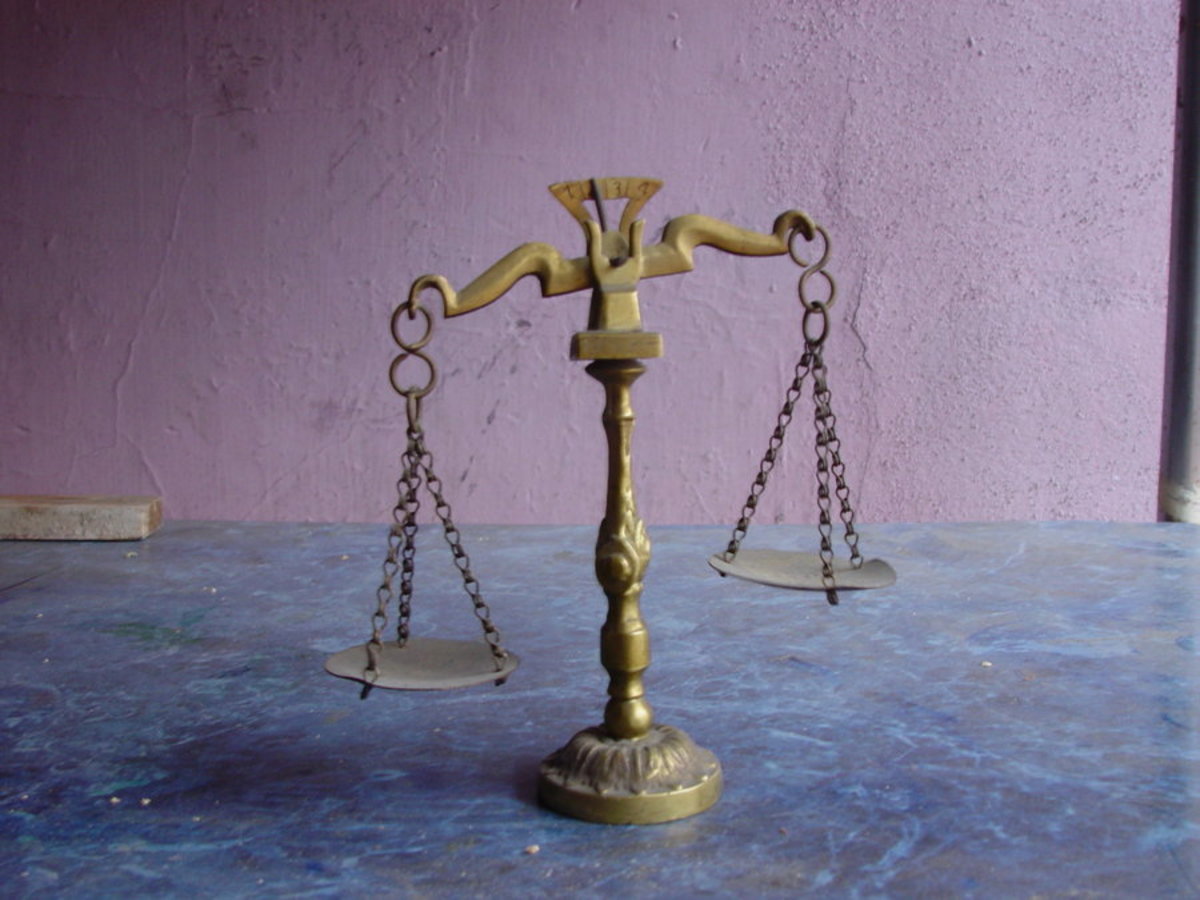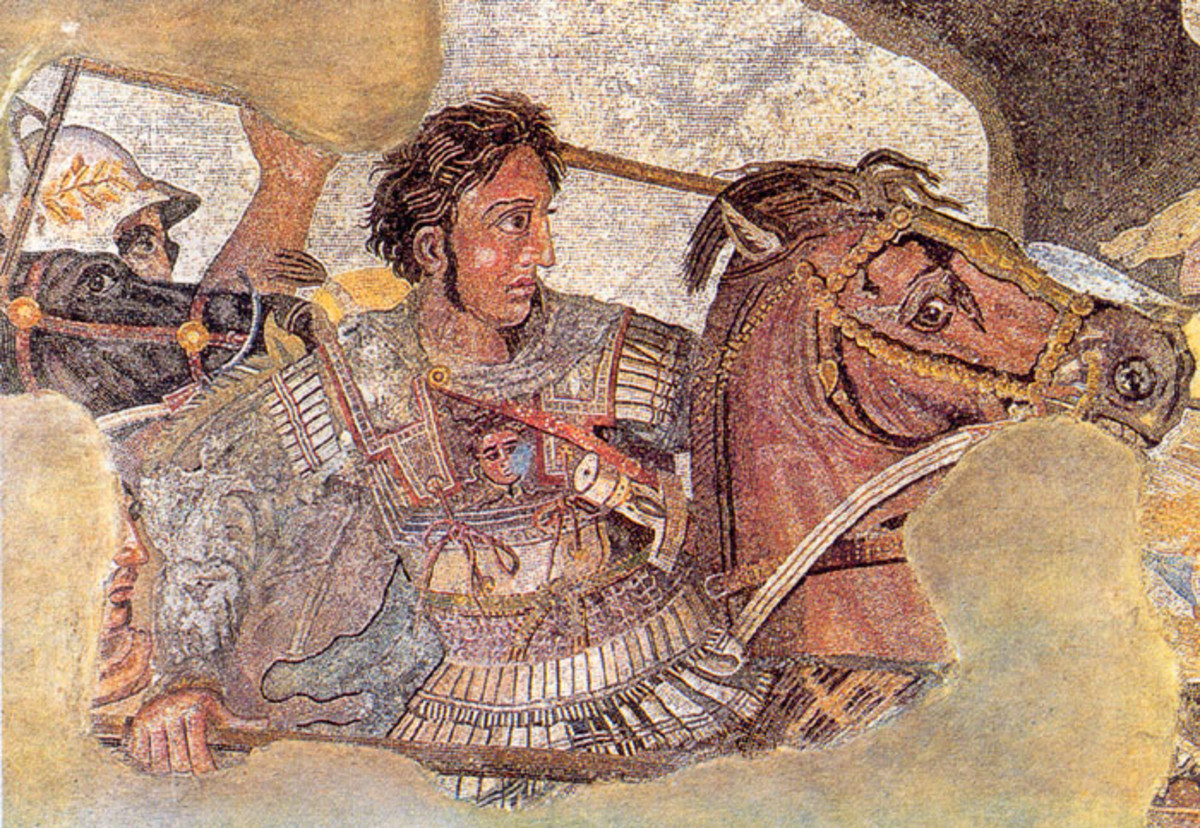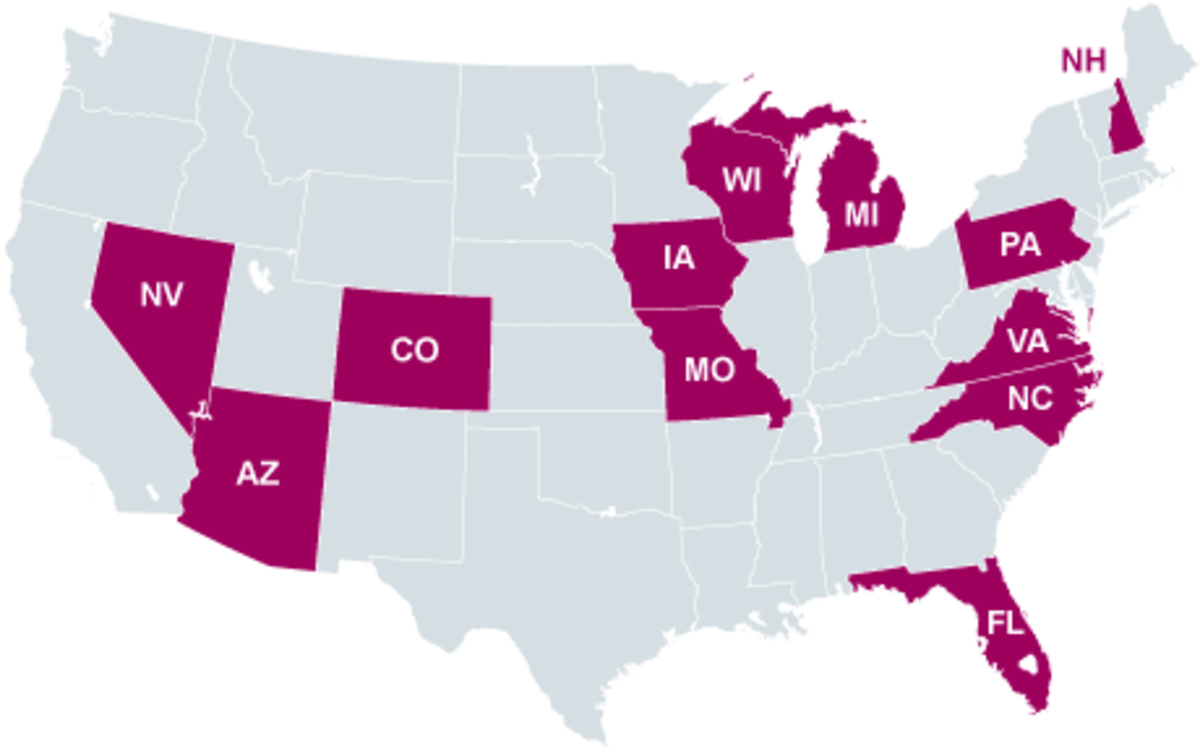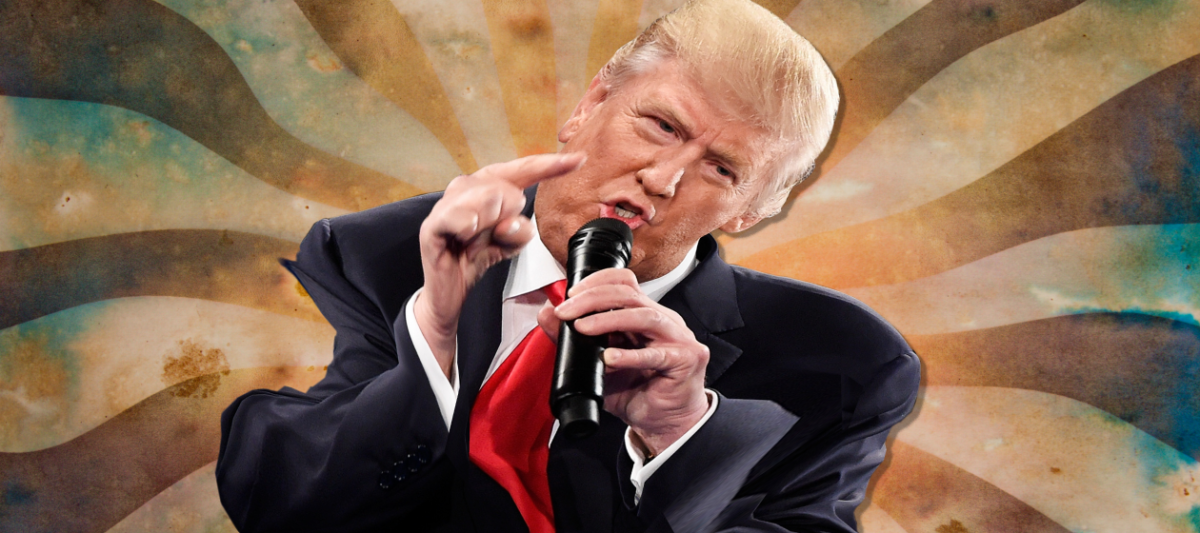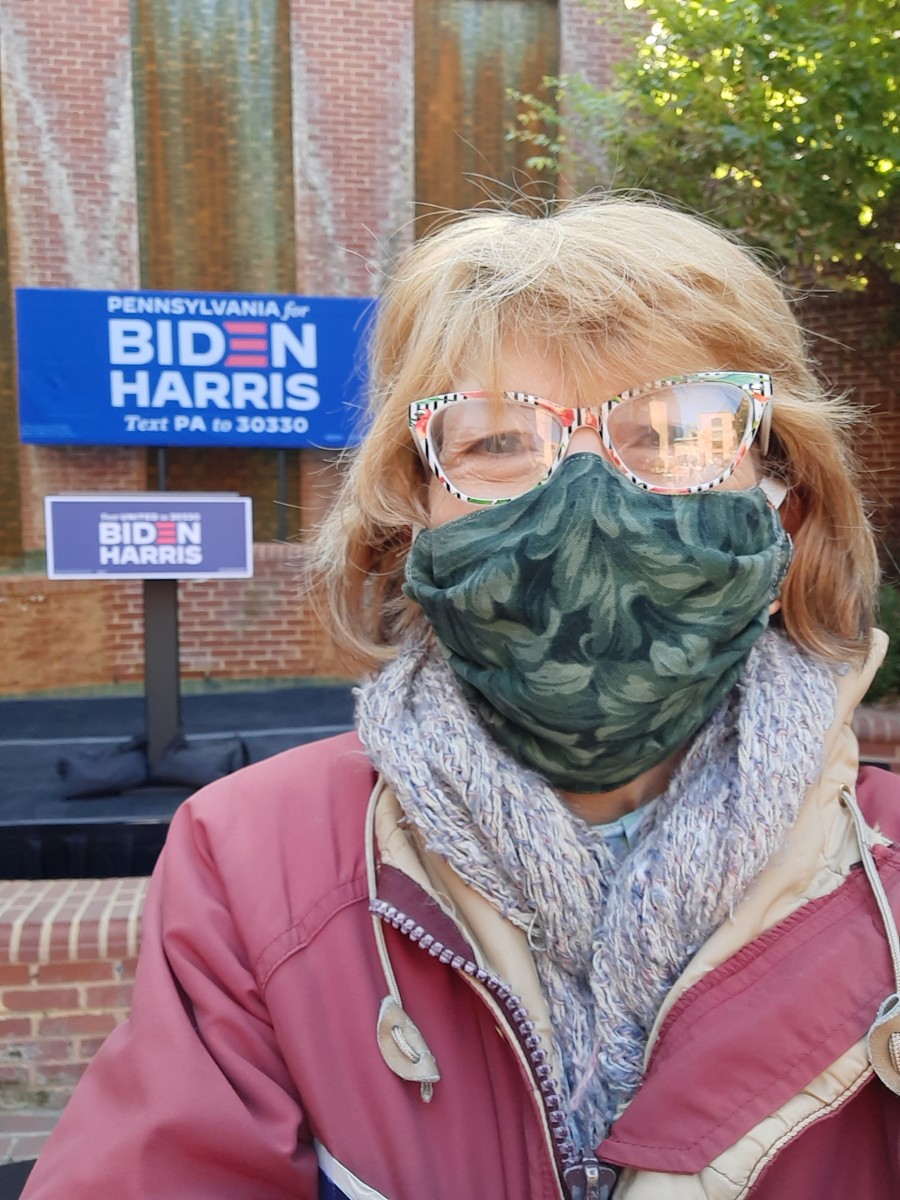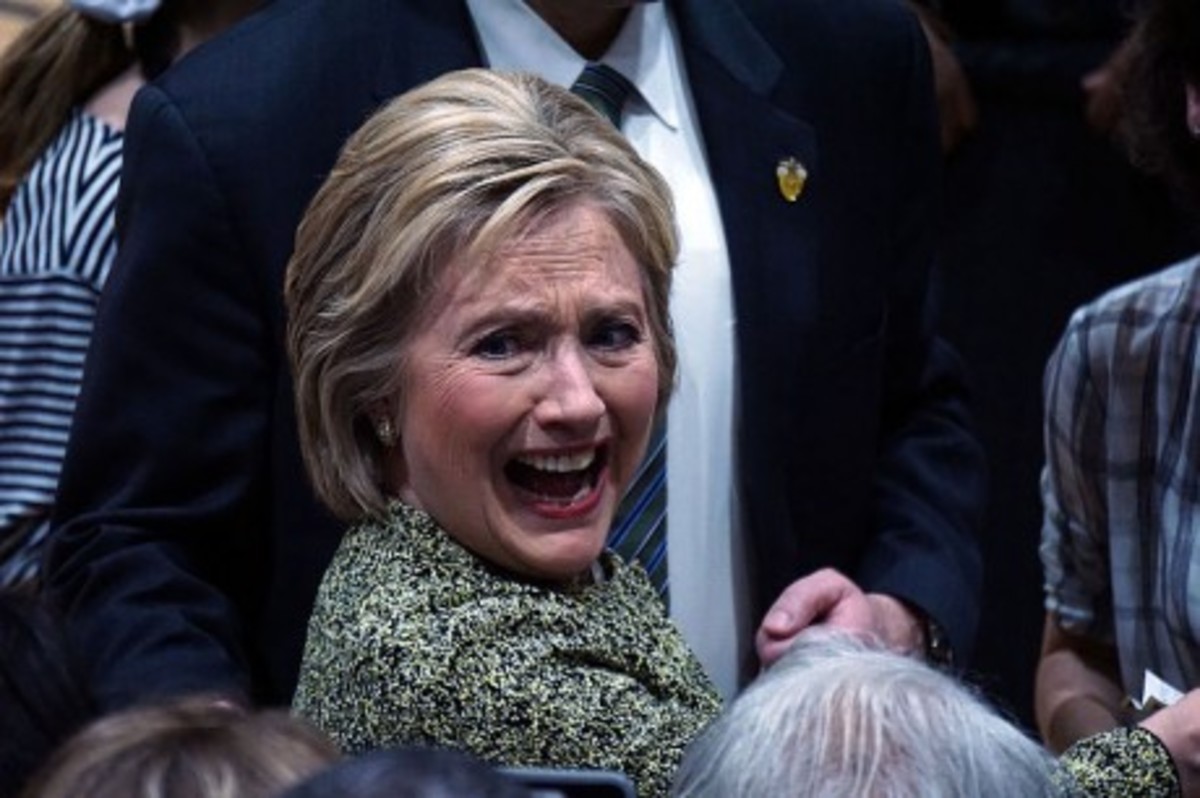The Great Divide; How Partisanship in America Makes Us Less Free

“As societies grow decadent, the language grows decadent, too. Words are used to disguise, not to illuminate. Words are to confuse, so that at election time people will solemnly vote against their own interests.”
-Gore Vidal
Us vs Them
It seems like extreme political partisanship in the United States has reached a heightened state. On television, we are barraged with images of angry protests and hateful rhetoric launched by one group against the other.
The terms “liberal” and “conservative” have become dirty words in this era of extreme divisiveness. Depending on which network you tune in to, you’ll likely be given out-of-context information and defamatory “gotcha” coverage of politicians and prominent party members.
If we are to believe what we see in the media, we have come to identify ourselves largely by our affiliation to our favored political party – and the line between “us” and “them” seems more pronounced than ever.
Most people tend to agree, though, that such disagreement is good and means that we citizens are participating in a healthy democracy. We all know the refrain: our country was built upon rebellion and infighting. Throughout its history, the United States has been in a constant state of flux, an ever-evolving conglomeration of different opinions and beliefs. Often tumultuously divided amongst ourselves, we tend to take great pride in “standing up for what we believe in.”
Our government is designed to give representation to even the commonest among us. Every opinion and idea has a chance to be heard and considered. No matter what we disagree on, we all agree that we’d rather have it this way than allow a singular person or entity to make our decisions for us. We will not stand for forced consensus; the very fact that we scream and shout at one another about our beliefs is an indication of our freedom.
That we are allowed this discourse is what we stand for as Americans.
The Great Deception
Is it possible, though, that we are being duped? Do we really have a say in things because we are allowed to disagree amongst ourselves? It could be true that We The People are merely operating within the parameters of a system that is constructed to create the illusion that we are free and independent?
We are not necessarily active participants in our government simply because we get to separate into clubs with respective pet causes and identifying symbols. We are still expected to buy into one of the dominant ideologies. In the case of U.S. politics, these choices are pretty well limited to Democrat and Republican. We’re allowed to exist at varying points within the spectrum of these sides - from moderate to radical - yet we’re still within the scope of acceptable belief systems.
The two dominant political parties have become a duopoly. We don’t recognize them as such, though, because we generally feel that one or the other represents our best interests. We are made to believe that these parties are very different from each other and that they exist to give the working-class a fair representation in their government, yet they both serve the same interest – the interest of The State.
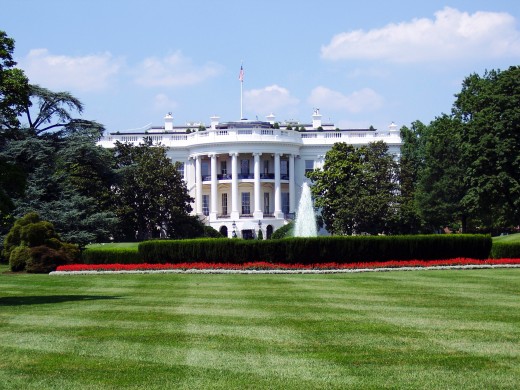
Althusser and "State Apparatuses"
A theorist whose work could certainly be used to help justify this assertion is Louis Althusser. He and his Marxist contemporaries would certainly agree that citizens are duped into complicity with the mechanisms of The State. The State, in Marxist connotation, is that all-powerful center that functions to perpetuate the domination of the ruling class and the subjugation of the submissive class.
It is always in the best interest of The State to perpetuate ideologies that encourage subjectivity. Althusser’s work in “Ideologies and Ideological State Apparatuses” has particular bearing here. Althusser calls the tools the capitalist government uses to keep its subjects in line “State Apparatuses.” These are the more tangible forces that serve to police society, and include all forms of law enforcement, government, and the military.
“Ideological State Apparatuses,” as Althusser calls them, serve the same function but are more insidious and abstract. These ideological means of repression come in the form of religion, education, culture, the media, and so forth. Ideological State Apparatuses also include politics, which I assert have very little to do with how our government actually functions.
Ideology, Althusser tells us, “interpolates” us and makes us believe that it speaks directly to us; that we already felt that way and that a particular ideology is ready-made for us.
We believe that we belong in a particular group, such as a political party, because that group’s ideology has appealed to our perception of reality. The state must do this in order to reproduce the “conditions of production.” Simply put, they must keep the workers content so that they will keep working.
If you can follow that line of thinking, then it makes sense to at least ask the question: what if being a member of either group doesn’t matter at all because we’re merely doing our part as deluded subjects within a system? What if those who hold the most power in that system are just exploiting us? By remaining divided amongst ourselves, we serve two purposes.
1. We are distracted from the larger transgressions being perpetrated against the common person. While we are busy arguing over minutia, The State is able to carry out a larger agenda right under our noses.
2. We get to feel that we are active participants in the decision–making process of our government. This is where we are really working in congruence with Althusser’s theory, in that we are being subjugated by the very methods that we think are the markers of how independent we are.
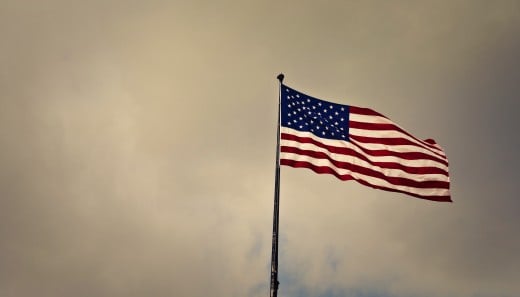
Subjugation Through Stereotypes
During the 2000 presidential elections, news agency started using the now familiar poll number maps. The maps gave us a color-coded guide, with democratic-leaning states denoted in blue and republican-trending states in red. This was an extremely powerful tool in giving Americans a sense of belonging to one group or another. All we had to do was figure out which color’s ideals were most aligned with our own. Certain characteristics became known as concrete attributes of the members of each party. Author Jonathan Rauch lays it out this way:
“Red America is godly, moralistic, patriotic, predominantly white, masculine, less educated, and heavily rural and suburban. Blue America is secular, relativistic, internationalist, multicultural, feminine, college educated, heavily urban and cosmopolitan.”
While that description fits the stereotypes we’ve come to embrace, Rauch points out that those indicators are just that: stereotypes. This divide between left and right, between red and blue, is really not so great. It’s safe to say that few people actually fit these very particular qualifications.
For instance, there are plenty of college-educated republicans and likely just as many “godly” democrats – and scores of other people who totally contradict this idea of what the members of each party are supposed to be like. Even the politicians who represent the two respective sides tend not to embody these characteristics. They are always upper class, wealthy, religious, college-educated, and are typically white males.
This is just another indication that the divide only exists because we, as a society, accept it as being so. As Althusser said, “Ideology is a representation of the imaginary relationship of individuals to their real conditions of existence.” The text of politics is not mimetic. What we are told by these Ideological State Apparatuses does not match up to reality, but instead, how we’ve come to perceive reality. In fact, studies have shown that people in the United States agree on a lot more than they disagree on.
It seems that when the political frame is removed, we get along pretty well. But, as Althusser might remind us, it would not necessarily be in The State’s interest to have the majority of citizens cooperating and agreeing with one another. As mentioned before, the squabbles do serve to keep us occupied. They also lead us to believe that our voice is being heard by the powers that be.
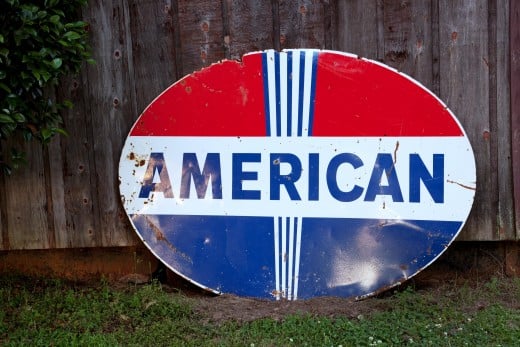
Coloring Outside the Lines: The Unaffiliated Voter
Of course, I’ve so far left out something important: the independent voter (as well as those voters aligned with one of the smaller political parties). In the last few years, more people have identified themselves as “independents” when it comes to political matters. Independents are those who choose not to be affiliated with any particular party.
On Election Day, however, the independent voter must still decide to vote along one of the major party lines. Of course, he or she can cast their vote for a candidate from a lesser-known party or for an unaffiliated candidate. Unfortunately to choose that latter option is essentially to cast a “throwaway vote.” Often, the independent voter decides that in order to make their vote count toward something, they must choose between one major party and the other. They are subjugated to the system as much as any affiliated voter. The only choices given are those that conform to the State agenda.
Who Does the System Really Serve?
The politicians we vote for are figureheads for their respective parties, another mechanism of the state. They are not an accurate representation of their constituents; they are not a reflection of reality, only an imagined reality.
The truth is that a relatively small group reaps the benefits of our complicity in the system – this elite few would include very powerful corporations and other business entities. The State, for our purposes, functions as a tool employed by this group. However, if this were explicitly stated, none of the workers would want to participate anymore. It’s key that we think we hold of some measure of power within our particular system.
The bottom line is that partisan politics can easily be considered a mechanism that is deliberately used to perpetuate the capitalistic conditions of production by allowing the working-class the perception that they are participating in a democratic society in which their interests are represented in government.

